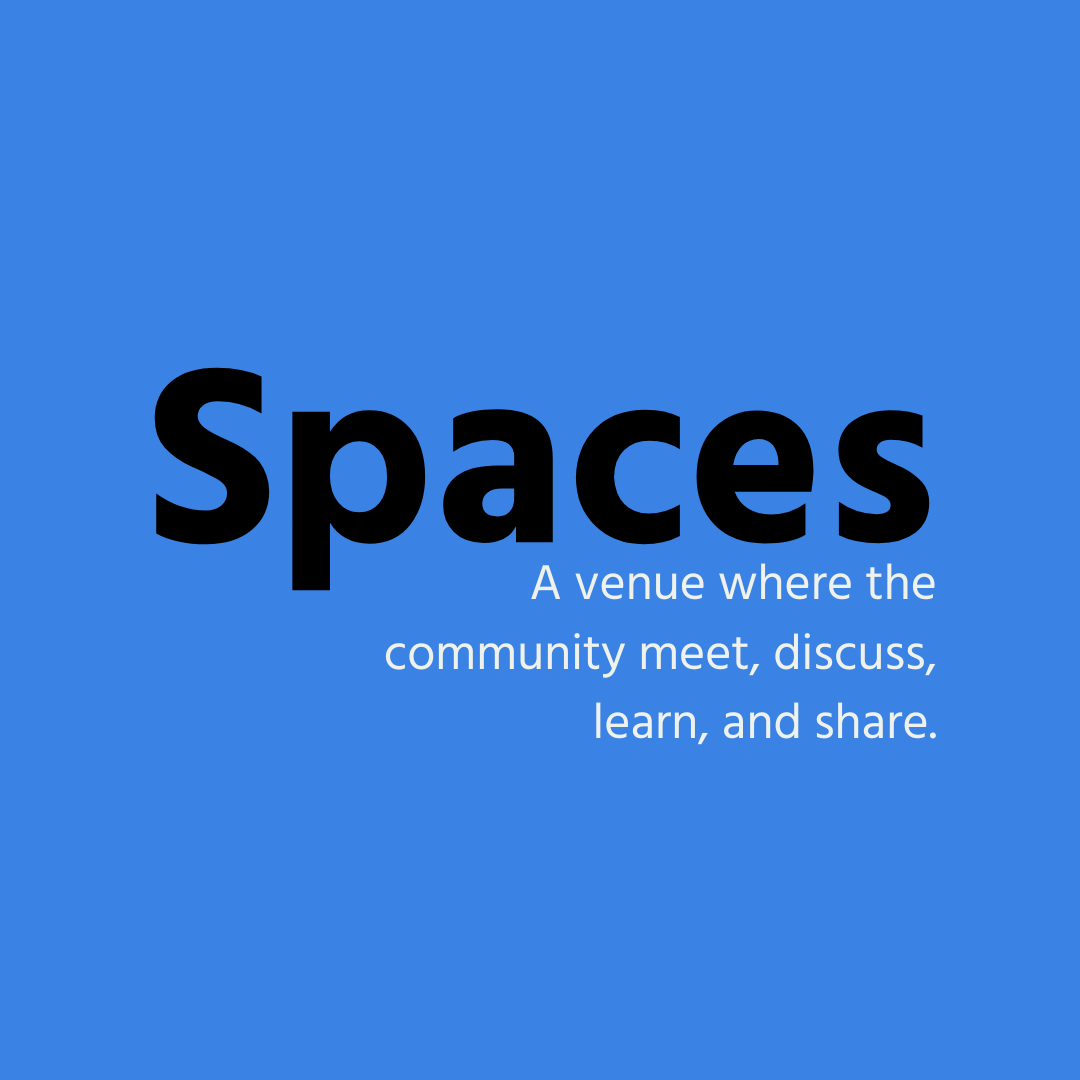Spaces: The Future of .ly – Libya’s ccTLD
Date: August 20, 2024
Hosted by: Amin Saleh and Dr. Hassan Lamoushi
Organized by: ISOC Libya in collaboration with the Libyan Technology Foundation
On Tuesday, August 20th, ISOC Libya successfully launched the inaugural session of “Spaces,” a monthly online discussion series. The first session, titled “The Future of .ly: Libya’s Country Code Top-Level Domain (ccTLD)”, brought together key stakeholders from across the Libyan internet community to explore the history, governance, and future of the .ly domain.
Key Discussion Points
The session opened with a comprehensive review of the history of the internet in Libya, particularly focusing on the .ly domain. Participants, including notable figures like Dr. Hassan Lamoushi and Amin Saleh, discussed the challenges faced in the early days of the internet in Libya, including issues related to domain registration, governance, and the role of the Internet Society in Libya’s digital landscape.
One of the primary themes of the discussion was the importance of a multi-stakeholder approach to internet governance. The session underscored the need for inclusive decision-making processes that involve the government, private sector, academia, and civil society. This approach is essential for ensuring that the policies and frameworks governing the .ly domain are robust, transparent, and reflective of the needs and interests of all stakeholders.
Major Takeaways
- Historical Context and Challenges: The session provided a detailed look at the early challenges of internet governance in Libya, including the formation of the Internet Society Libya (ISOC Libya) and the complexities involved in managing the .ly domain under international sanctions.
- Stakeholder Engagement: There was a strong consensus on the need for continuous stakeholder engagement in the governance of the .ly domain. Participants highlighted the importance of involving a broad spectrum of voices in the decision-making process, particularly when it comes to policy development and implementation.
- Cybersecurity and Data Privacy: The discussion also touched on the growing importance of cybersecurity and data privacy in Libya. The establishment of a dedicated cybercrime unit within the Ministry of Interior was noted as a positive step forward. However, the session emphasized the need for greater awareness and education on these topics among the general public.
- Future Initiatives: The session concluded with a call to action for more transparency and inclusiveness in the governance of the .ly domain. There was also a push for increased efforts in educating the Libyan public about responsible internet use, cybersecurity, and the potential of new technologies like artificial intelligence.
Next Steps
To build on the momentum of this initial session, the following steps were identified:
- Stakeholder Comments: The Communications Authority will clarify whether stakeholder comments are still being accepted on the draft domain name policy after the June 31st deadline.
- ISOC Libya’s Role: ISOC Libya will explore reviving its role in domain name governance and increasing stakeholder engagement.
- Ongoing Advocacy: Stakeholders are encouraged to continue advocating for a multi-stakeholder approach in the governance of domain names in Libya.
- Transparency in AI Policy: The Communications Authority is urged to provide more transparency regarding the recently issued AI policy framework.
- Public Awareness: More sessions will be organized to raise public awareness on internet governance and technology-related issues.
- Cybersecurity Measures: Authorities are advised to review and strengthen cybersecurity measures for Libya’s domain infrastructure.
- Education Integration: Stakeholders should advocate for the inclusion of internet awareness in educational curricula and youth programs.
Conclusion
The first “Spaces” session set a strong foundation for future discussions on the governance of Libya’s internet resources. By bringing together a diverse group of stakeholders, ISOC Libya is fostering an inclusive dialogue that is crucial for the continued development and security of the internet in Libya.
We look forward to continuing this conversation in future sessions, and we invite all interested parties to join us in shaping the future of the .ly domain and the broader Libyan internet ecosystem.

Leave a Reply